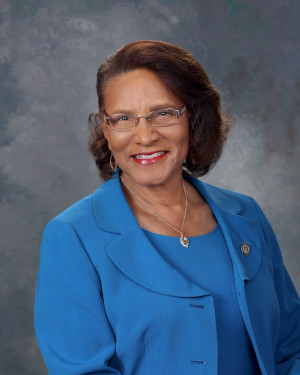HB 217 COUNSELING COMPACT
Sponsored By: Rep Pamelya P Herndon
Actions: [2] HHHC/HJC-HHHC [5] DP-HJC [12] DP [13] PASSED/H (62-0) [11] SJC/SFC-SJC API.
Scheduled: Not Scheduled
House Bill 217 (HB 217): The "Counseling Compact" legislation is designed to facilitate the interstate practice of licensed professional counselors, improving public access to counseling services across state lines.Legislation Overview:
House Bill 217 (HB 217): Here’s a comprehensive summary of the key components of the compact: a) The compact proposes to enhance public access to professional counseling services and maintain public safety. Key objectives include: • Mutual recognition of member state licenses. • Enhanced cooperation among states for multistate practice. • Support for military spouses in professional mobility. • Use of telehealth technologies. • Uniform licensure requirements across states. b) Definitions: Defines terms such as "active-duty military," "adverse action," "licensed professional counselor," and other relevant terms to ensure clarity and consistency across member states. c) States participating in the compact must: • License professional counselors and regulate the profession. • Require a specific educational background and pass a nationally recognized exam. • Maintain a system for investigating complaints and taking disciplinary actions. d) Privilege to Practice: Allows licensed professional counselors to practice in remote states under a privilege to practice, with stipulations for maintaining and verifying licensure through a home state. e) Commission Establishment: Establishes a Counseling Compact Commission to oversee the compact’s administration, including data systems management, rule promulgation, and enforcement. f) Adverse Actions: Outlines the process for dealing with professional misconduct and disciplinary actions across state lines, emphasizing the importance of home state jurisdiction over licenses. g) Data System and Reporting: Member states must contribute data regarding licensure and disciplinary actions to a centralized database to facilitate the sharing of critical information among states. h) The commission has the authority to make rules, with provisions for public input and the ability to amend the compact if agreed upon by all member states. i) Implementation and Withdrawal: Details the process for states to join, implement, or withdraw from the compact. Withdrawal requires a notice period and does not exempt a state from obligations incurred during membership. j) Legal Considerations: Addresses the legal framework for the compact’s operation, including the binding effect of compact rules on member states and the resolution of conflicts between state laws and compact provisions. Overall, the Counseling Compact seeks to streamline the licensure process for professional counselors, promoting greater mobility, standardizing requirements, and enhancing the ability to serve clients through telehealth across state lines. This legislative move is particularly beneficial in addressing shortages in mental health professionals and improving access to mental health services.
-
Bill Documents arrow_drop_down
-
Commitee Reports & Amendments arrow_drop_down
-
Floor Amendments arrow_drop_down
-
Floor Votes arrow_drop_down
